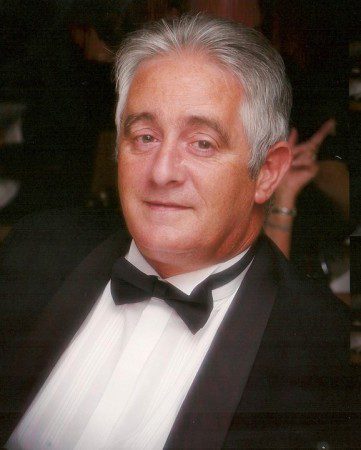
When poetry should be prescribed
New DH contributor, David McDonald, a veteran of the British Army shares a moving article about the inspiration behind his poetry and how it has helped him deal with the difficulties faced by his disability.
My name is David McDonald and I am, absolutely, no different from hundreds of thousands of other military veterans the world over.
I was born in Morayshire, Scotland on Christmas Day 1956, lived there until 1966 and enjoyed a rich and happy childhood spent with three brothers and two sisters. My favourite memories are of the time the family spent with our cousins, the adventures and the happiness you only find in the innocence of youth. In 1966 the family moved to Kelso in Roxburghshire near the border with England, and I fumbled my way through the early teens whilst failing badly at school. I worked as an apprentice butcher but knew there was no future for me in that, so I joined the British Army at 17. I tell you all this so that you may see that no man or woman is immune from the rigours of trauma. My upbringing was unspectacular but rich in family love.
My decision to enlist was, despite everything, the decision that turned my life around. I got an education, learned discipline and became responsible for my actions. In short they made me a man (just like the old adverts). However eighteen years military service had a severe physical and mental impact on my health and these are the source of the emotions I use in my poetry.
I began to suffer from Combat Related Post Traumatic Stress Disorder (PTSD) in 1988, but went on to served in Northern Ireland and the Gulf War, leaving the Army in 1992.
It took a further 8 years before I began to receive help from the Veterans’ Mental Health charity ‘Combat Stress’, who enabled me to survive long enough to find some management techniques to help me. The technique I later developed was the writing of my poetry (art has been used for some time with some positive outcomes).
I have since suffered with Chronic Fatigue Syndrome, Asthma, had five Strokes, have Osteoarthritis and Triple-Branch Coronary Infection causing Angina.
For years I suffered while trying to manage Trauma, Pain, Depression and everything else. Enduring my life not living it, my situation was impossible while facing my past, and attempted suicide was not unknown to me. I have however discovered that expressing my feelings through poetry is a successful outlet whereby my emotions can be aired in a manner which reduces greatly the risk of exposure to harmful reactions while doing something more positive.
The poem for me becomes a journey but as the author you are in control of the words, you can expose as much or as little as you feel capable of at that time knowing you can always revisit the work again.
You also learn to develop a culture of usefulness and feel you can contribute to your care, in this modern world you can even self-publish a book for next to nothing. Your work may then help others manage or even understand your situation. You can produce a book just for your family to express what you find difficult to orate. I have published six books of poetry and now write not only for myself and my friends and family but also to sell for charities I choose to donate to. Even so the written words are still today my primary technique for controlling what is within.
My poetry has, over time moved from the dark, raw and angry truths of my past and the hard emotions of war and surviving PTSD to the warmth and love and positivity I now experience. It is not an easy journey and not one to be embarked upon lightly, one must be equipped with methods of management such as colour breathing and visualization for when things get difficult.
Art has, for a long time, been used by therapists to aid those suffering Trauma, Brain Injury, Depression and Physical Disabilities with success. Poetry is quite simply a different form of art and one with great potential and I would suggest if you have negative emotions affecting you (whoever you are) consider the belief “there is at least one poem in all of us”.
Perhaps it is time for poetry to find its status as an exercise or treatment and for “poetry to be prescribed”.
By David McDonald
David’s poems can be purchased from Amazon.

